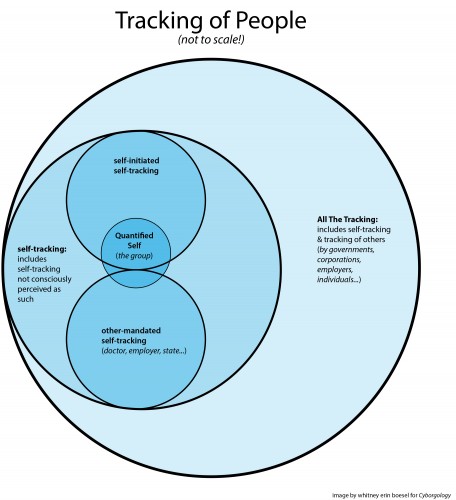I have been thinking a lot about technology and emotion. Most likely, this is because the past month has been an emotional rollercoaster—in the best possible way—and I’ve found myself directing a lot of that emotion at my phone.
Although I officially graduated in December, my partner (also a sociologist) and I both decided to do the whole ceremonial graduation thing at the end of the Spring semester. At the beginning of May, members from both of our families came down to Texas to celebrate. They traveled from Virginia, North Carolina, New Jersey, and New York. This was wonderful. I love my family—immediate and in-laws alike. Like, gooey, gushy, here-take-half-my-sandwich, capital “L” Love these people!! But I may or may not have thrown my phone angrily onto the bed and refused to look at it for a full 30 minutes after an onslaught of text messages and phone calls in which everyone was confused/upset/annoyed about logistical arrangements (okay, I did do this). I also laughed with my brother when we both rolled our eyes and tightened our shoulders upon the simultaneous beeping from both of our phones as family members, who again, we both love very much, contacted us to tell us about a change of plans. Over the course of the weekend, I fake strangled my phone, threw it (see above), twitched my eyes in response to its beckon, and smiled sadly into it after everyone left and the text message beep brought news that we were missed, loved, and the source of pride. more...







